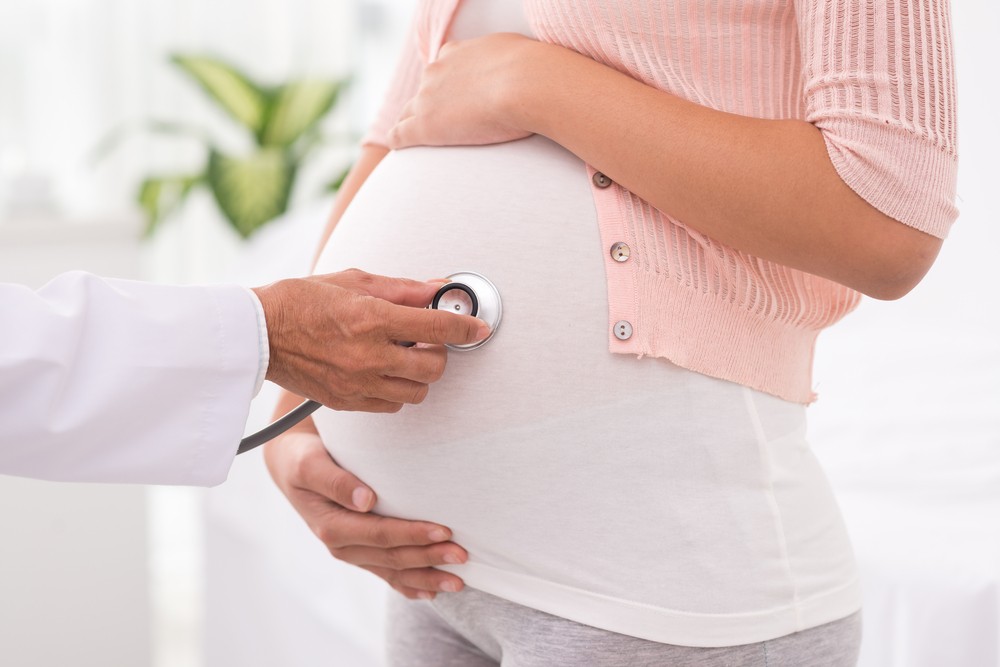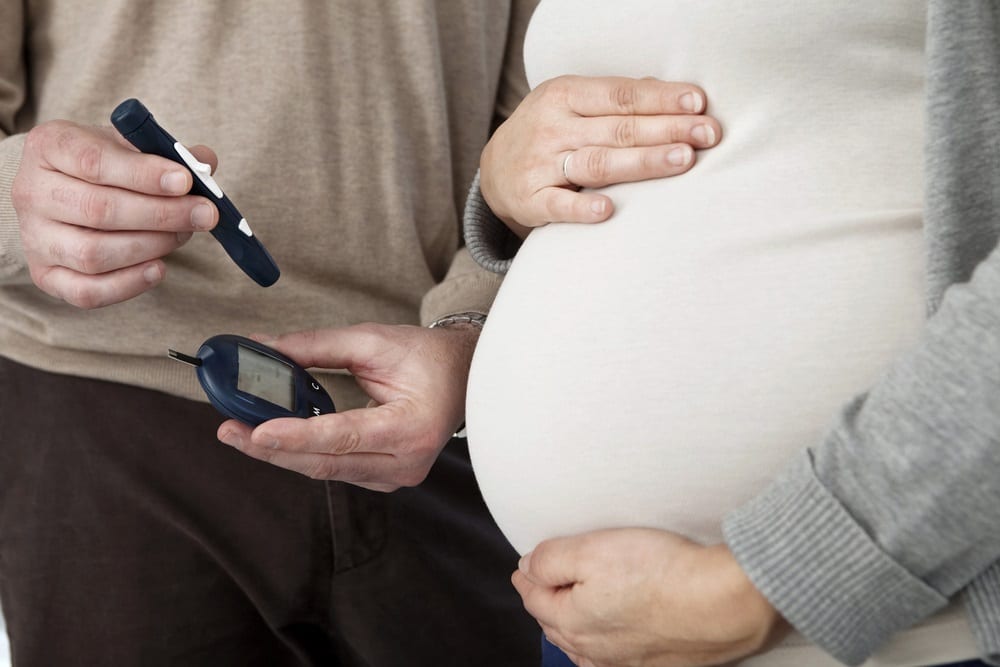A new study was published recently in the Diabetologia Journal, and stated that gestational diabetes has serious health implications for both a mother and her baby.
Compared to other pregnant women, those with gestational diabetes were 30 percent more likely to experience pre-term birth, 40 percent more likely to require a C-section, and 70 percent more likely to have pre-eclampsia/eclampsia.
Monitoring cases of gestational diabetes is crucial to limit risks passed on to the infant, so here is a guide to what every mum needs to know about the condition.

What is gestational diabetes?
Gestational diabetes develops in women during pregnancy as a result of the mother’s inability to produce enough insulin. Insulin is a hormone that enables the body to break down sugar to be used as energy.
What causes gestational diabetes?
The hormones produced during pregnancy work against the action of insulin. Gestational diabetes can happen if the mother’s body can’t produce enough extra insulin to counteract this blocking effect.

What are the symptoms of gestational diabetes?
- being thirsty
- having a dry mouth
- needing to urinate frequently
- tiredness
- recurrent infections, such as thrush (a yeast infection)
- blurred vision

Who is more likely to get gestational diabetes?
- Women are more at risk if they:
- have a family history of type 2 diabetes
- are over the age of 35
- are obese
- have previously given birth to a large baby
- have previously given birth to a baby born with an abnormality
- have previously had a stillbirth late in pregnancy

What is the treatment of gestational diabetes?
The most important part of treatment is to control blood sugar levels. For many mums, this means regular testing of blood sugar levels, a healthy diet and regular exercise. Some women will require insulin injections, which will not effect the baby in any way.
Does gestational diabetes go away?
Gestational diabetes usually goes away after pregnancy. However, once you’ve had gestational diabetes, your chances are two in three that it will return in future pregnancies.

Certain basic lifestyle changes may help prevent diabetes after gestational diabetes:
- Losing weight can help avoid developing type 2 diabetes.
- Healthy eating habits can go a long way in preventing diabetes and other health problems
- Staying active protects against weight gain and health problems.
Don't worry though! Most women with diabetes have a normal pregnancy resulting in a gorgeous healthy baby.





